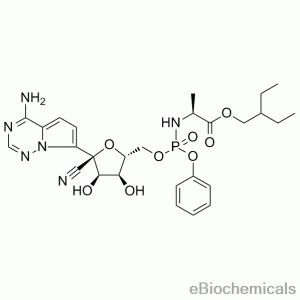The pharmaceutical industry’s most difficult and expensive processes are involved in the research and development of new drugs from API Manufacturer. It includes a broad range of end-to-end operations as well as several supply chains and supports services. Drug development and discovery may be divided into three stages: the discovery phase, the preclinical phase, and the early, mid, and late stages. Finding safer treatments for all diseases has been the aim of drug discovery over the years, despite various changes. Understanding the chemistry of the molecules and how they relate to the process of life is what drives the discovery and development of new drugs.

The conventional or classical approach used by medicinal chemists entails the modification of bio active compounds derived from natural sources. The majority of the medications now on the market get their active components from these natural items. Modern drug research has undergone constant change in the contemporary period.
With the advent of technologies like combinatorial chemistry, microwave-aided organic synthesis (MAOS), and high-throughput (HTS) biological screening, the chemical approaches used for the discovery of compounds have also experienced alterations.
The discovery process has been sped up by medical experts thanks to this new technology. In the first stage of development, drugs from API Manufacturer Company China are created, synthesized, and purified. To design the lead molecule for future clinical development, the medicinal chemist draws on his or her understanding of synthetic, medicinal, and biological chemistry.
Chemistry makes contributions that go beyond simply the discovery phase. It serves its role throughout the full clinical development process. To explore possible advantages in human trials, excess quantities of medication formulations are used at every step of clinical development. All medications are produced by stringent Good Manufacturing Practices (GMP) guidelines to guarantee that they satisfy the regulatory authorities’ compliance criteria.

For regulatory compliance, drug researchers rely on analytical chemical testing and process development. About 50% of the services provided by analytical chemistry are thought to be outsourced from API Supplier China. Preclinical testing, toxicity testing, ADME analysis, product release testing, formulation, and quality control all often involve analytical techniques and equipment.
Follow us on Facebook
